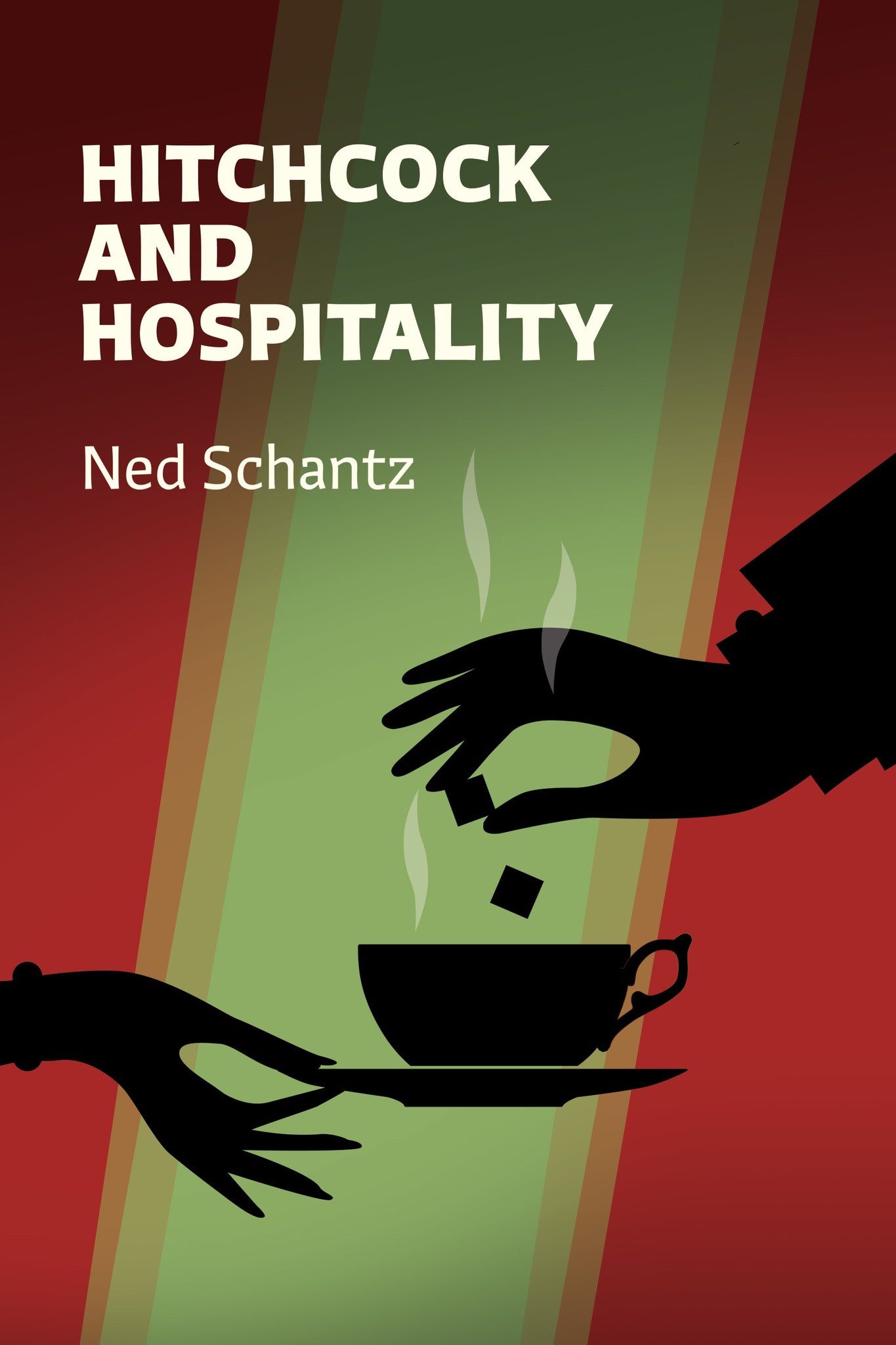We're sorry. An error has occurred
Please cancel or retry.
Hitchcock and Hospitality

Unfolds the central importance of broken hospitality in the director's work.
Hitchcock and Hospitality argues that the violation of hospitality is a driving force behind Alfred Hitchcock's work. From his television hosting to his cameo appearances to the premises of his stories, the Master of Suspense stages a crisis of authority over access to physical and virtual space. Using the familiarity of his work to make a larger contribution to both film and critical theory, this book engages the French tradition of theorizing hospitality with a keen eye for its feminist implications. But the House of Hitchcock unsettles the scene of hospitality further, down to its hold on the organization of social space. Reading for hospitality not just in grand estates and humble cottages but in cars and trains, motels and apartments, and other mobile and transient spaces—including the virtual space of film itself—Hitchcock and Hospitality tracks the drama of modern social exchange and unfolds the central importance of broken hospitality in the director's work. Films considered intensively include the familiar (Rebecca, Rope, Vertigo, North by Northwest, The Birds, and Marnie) as well as those that have received less critical attention (Mr. & Mrs. Smith, Saboteur, Lifeboat, and Dial M for Murder). The book also touches on many other Hitchcock films and on key episodes of Alfred Hitchcock Presents.


"This is an insightful, lucid, original, engaging, and persuasive contribution to the field of Hitchcock studies. Schantz makes a compelling case for thinking again about a number of Alfred Hitchcock’s films in the specific light of hospitality (and violations of hospitality)." — Neil Badmington, author of Perpetual Movement: Alfred Hitchcock’s "Rope"




